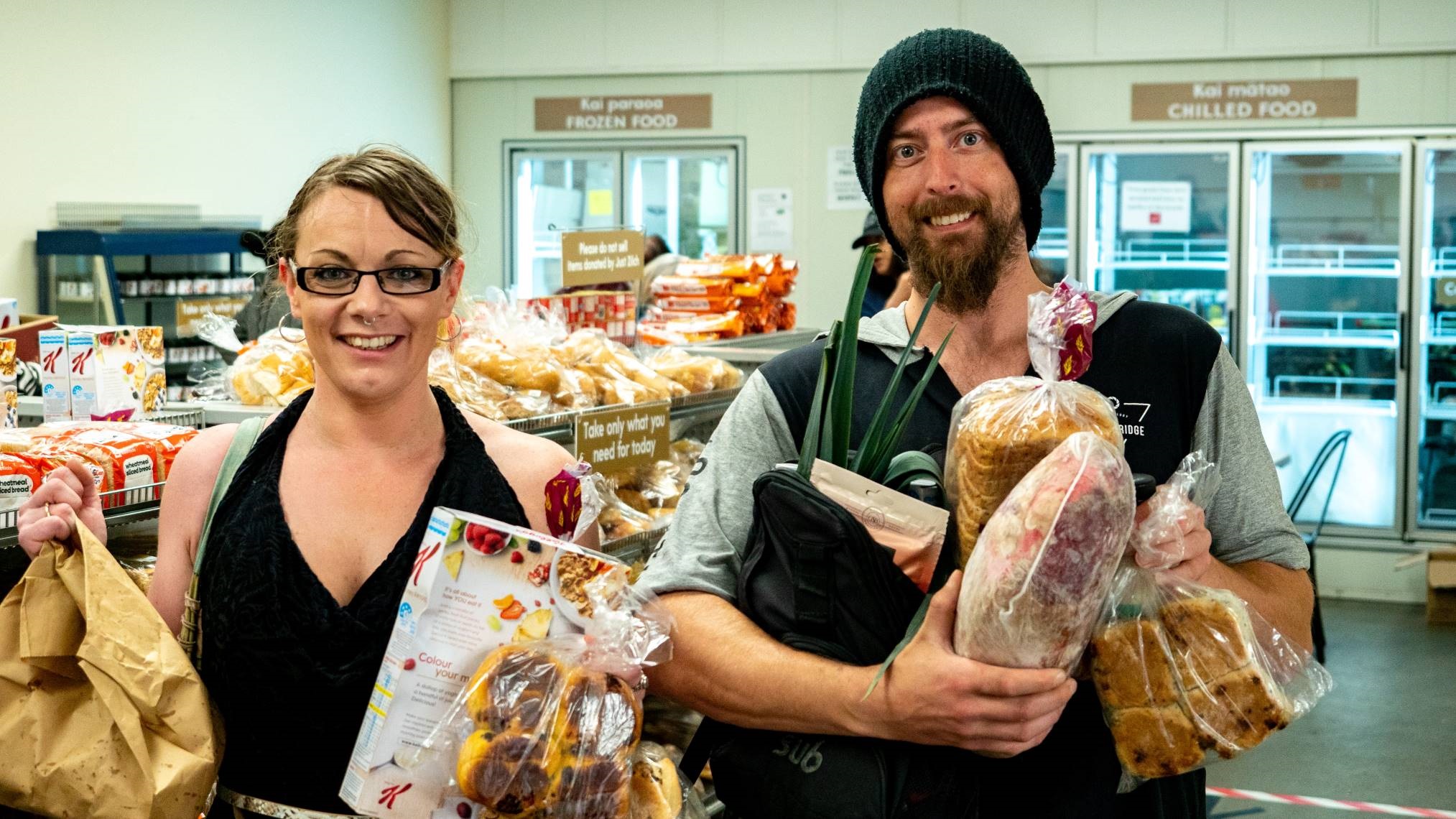Reduce your food waste
Food waste is arguably the biggest contributor of rubbish to landfill in most households. Yet there are some simple strategies that we can apply to help us reduce our environmental footprint when it comes to food waste.
Plan your meals
Meal planning is an easy way to make sure we're only buying what we need. It can help us to understand what we're going to be buying, and how much. Which means we're less likely to have leftover food that's gone unused or uneaten.
Here are the basics
- Choose your menu – decide what meals and snacks you'd like to have for breakfast, lunch, and dinner throughout the week. Don't forget to factor in leftovers!
- Write a list of what ingredients you need for each meal and what quantities you need.
- Go shopping and stick to that list!
Online shopping is also a great alternative if you're time poor or struggle with impulse buying. All the major supermarkets offer either click n collect or delivery services to suit your schedule.
Take it one step further:
- prepare some of your meals in advance
- batch cook for your freezer.
This is another great way of reducing waste. And you'll always have a meal available and ready to go instead of having to reach for a convenient takeaway alternative.
Become a green thumb
A cool side effect of living life more sustainably is it often means more dollar savings in the long run as well. Growing your own fruit and vegetables is a great way to save at the checkout and save on waste. You can pick what you need as you go, and you won't end up with excess food you don't need.
Get started with a veggie garden
- Pick a spot for your veggie garden. You're looking for somewhere that gets a decent amount of sun and has decent soil quality. Don't want to dig straight into the ground? Your local hardware store will have plenty of options for planter boxes.
- Decide what to plant. Speak to your local garden centre team about what grows best in your area and what's in season.
- Set up your garden and get planting. Start by preparing your soil and planning where each plant will go. Check your seed or seedling labels for the best sun position and how to space your plants.
- Maintain your garden. Make sure you water your garden regularly and keep an eye out for any little pests.
If you have a particularly connected community, why not start a community garden? Many hands make light work, and a shared garden is the perfect way to share the mahi, the resources and – most importantly – the kai!
Check out our tips for starting a community garden in your neighbourhood.
Feed the tribe
We've all heard the saying "takes a village" and that can be especially true for families in our communities. But have you ever considered what you can do to help?
It could be as simple as gifting unopened products that will go unused or expire to friends or neighbours. If you have leftover ingredients, why not use them to make a meal for an elderly neighbour?
Get inspired
Love Food Hate Waste
Check out this campaigning website that's crammed with practical resources to help you and your family reduce your food waste. Think seasonal produce guides, recipes and weekly meal plans.
We've got some Love Food Hate Waste recipe books to give away. If you'd like one, please email your name and postal address to: waste@pncc.govt.nz
Just Zilch
If you're looking for inspiration for preventing food waste, look no further than Palmy's own Just Zilch.
The internationally recognised food rescue organisation was founded by local Rebecca Culver in 2011. It looks just like your local supermarket – except everything is free.
How it works:
- Supermarkets, businesses and eateries from all around the region donate their surplus products
- Just Zilch offers them to community members in need with dignity and respect.
The organisation diverts 5 tonnes of food away from the landfill every week. Since opening, they've given away 3.5 million meal equivalents.
When food goes to waste, all the resources that went into producing it – water, land, energy, labour, and capital – are also wasted. In landfill, food also gives off greenhouse gases as it rots, contributing to climate change.
Anyone can get involved. Individual donations of surplus homegrown fruit and vegetables are also appreciated. The more food we can rescue, the better for our communities and our environment.
